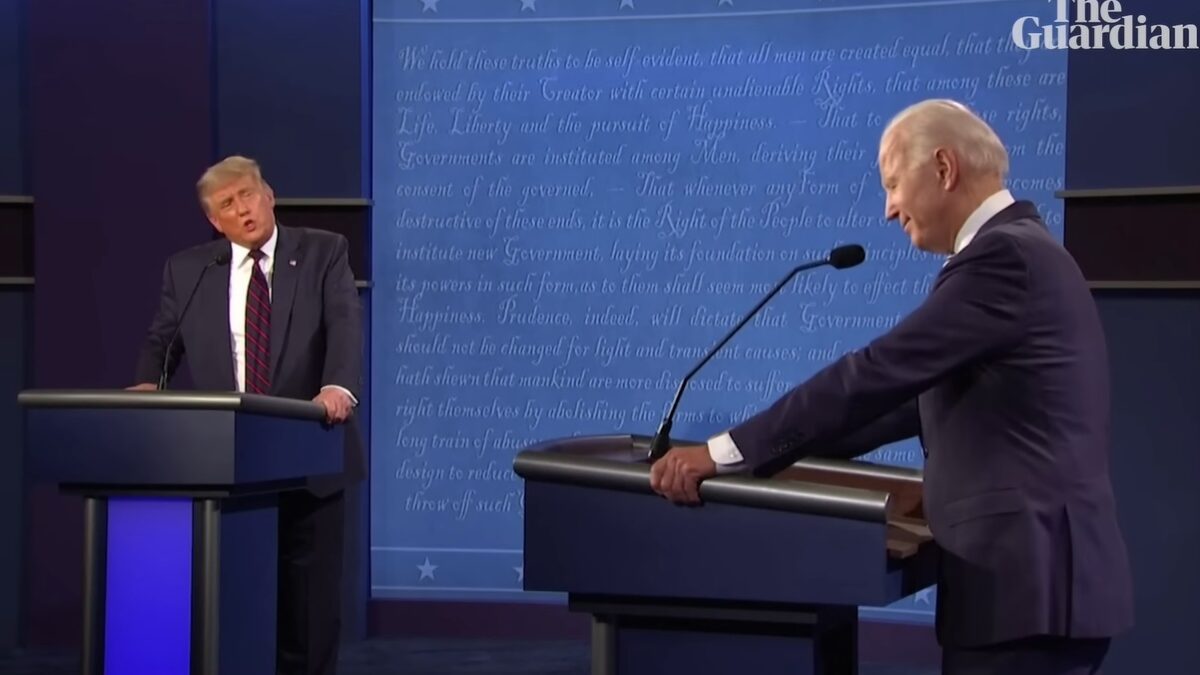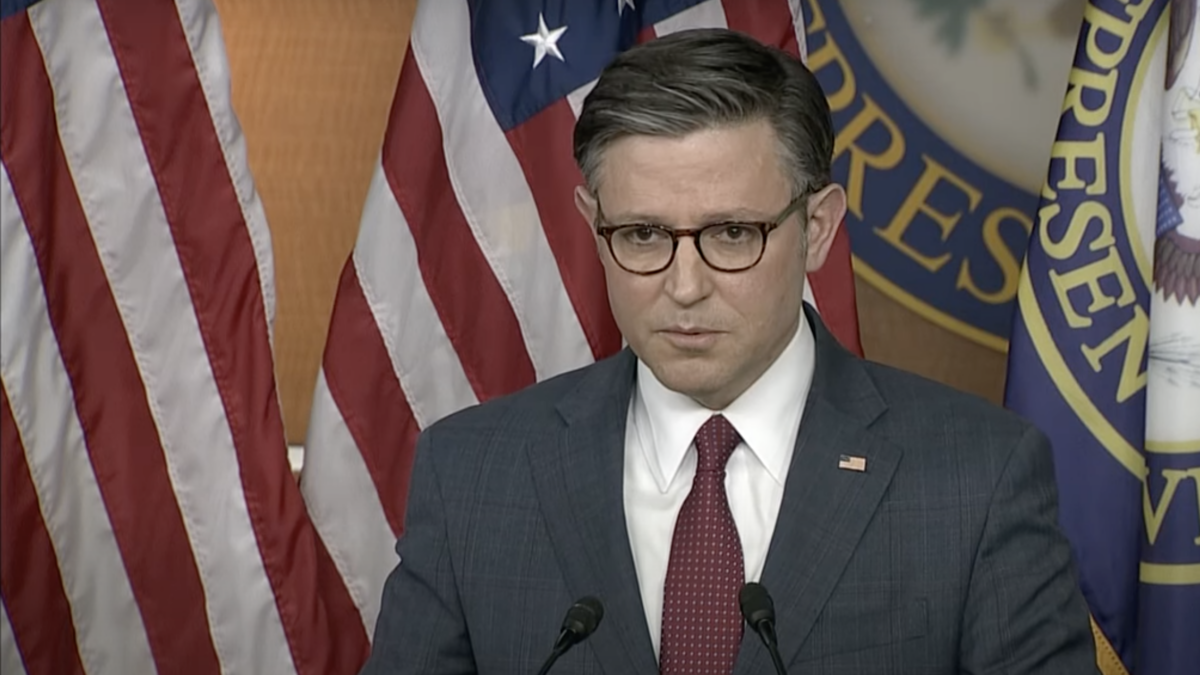
Did you go on Twitter yesterday? I did. Here are some observations.
It would be bad enough if post-tragedy Twitter were merely a sanctuary for the sort of self-satisfied preening that is characteristic of the typical outrage tweet. But it’s worse than that: It’s also a repository of sloppy thinking. The result is an intolerable combination of misguided judgments dripping with unearned swagger.
The two are connected, of course. The angry tweet, for so many of us the purest expression of moral disapproval du jour, arrives via a psychological process whose origin is both emotional and partisan. With that sort of beginning point, what possibility remains for measured, objective analysis to break through? The result is a seemingly inexhaustible supply of social media interactions entirely unconcerned with observing the intellectual norms that should govern public discourse.
When tragedy strikes, many moderately engaged individuals — news and opinion commentators, celebrities, business leaders, etc. — find their capacity for objective analysis overwhelmed by their strong ideological priors. Why is this a problem? Because their failure to restrain their ideological commitments inhibits their ability to dispassionately weigh evidence and reach accurate conclusions. This is because their ideological profiles are largely made up of strongly held value judgments that, in turn, provoke a heavy measure of disgust for ideological opponents. Here we reach the origin of the outrage tweet: an emotional overburst of unrestrained partisan energy.
Shut Down Brain, Power Up Mouth
On early Sunday morning, Omar Mateen, a 29-year-old American-born private security officer, opened fire at Pulse, a gay nightclub in Orlando, killing 49 people and wounding dozens more. Within hours, we would come to know it as the worst mass shooting in U.S. history.
When a mass shooting like this one takes place, the ideological priors really kick into gear. Typically, liberals will find Second Amendment advocates, Christians who pass judgment on rival ideologies, and American nationalists revolting. Conservatives will find Islamic sympathizers and gun control advocates disgusting. The nature of the tragedy that the Twitterverse is responding to will determine whether it is liberals or conservatives who are reacting to the rhetorical excesses of their opponents. The result is a fruitless back-and-forth of escalating intensity.
The problem is not that each side is so passionate; the problem, rather, is that this process is structurally hostile to sound reasoning and sober judgment. It’s no surprise, then, that the final product — the outrage tweet — is often philosophically sloppy. The tremendous pressure to Show How Wrong They Are Right Now tends to be inimical to intellectual clarity. Giving free reign to our strong emotional priors disarms us of our critical faculties and short-circuits the reasoning process, producing judgments that have the appearance of intellectual vigor but not the substance.
Anything But Islam
The worst manifestation of this on post-tragedy Twitter is a phenomenon we can call “causal deflection.” In the immediate aftermath of the Orlando massacre, causal deflection was on full display. Within just a few hours, Twitter was teeming with examples of liberal commentators spectacularly downplaying the causal force of Mateen’s religious convictions.
Causal deflection — the tendency to minimize the causal role of certain ideologically distressing factors within explanations — tends to be a big problem for the Left in the aftermath of terrorist events. At one point during his rampage, Mateen called 911 to explicitly connect his act of terror to his embrace of ISIS.
What’s maddening is that, when confronted with the fact that the killer couched his attack as an act of service to the Islamic State, many commentators, without argument, treated this self-confessed motivation as causally insignificant. Even if it turns out that Mateen’s identification with ISIS was a diversionary tactic, that doesn’t absolve these commentators of willfully misattributing blame.
They weren’t downplaying the role his religious convictions played in motivating his act of terror out of an abundance of caution; it’s not as if the reason they were suppressing the causal importance of his extremist ideology was to make sure all the facts were uncovered before rushing to judgment. The idea is to point the finger at other factors — the ubiquity of guns, the religious opposition to transgender bathroom bills, whatever else — so long as Islam does not figure into the causal picture.
Good analysis, beyond involving a careful examination of facts, also requires the ability to detect causal connections among relevant factors to help explain why the event in question took place. When a factor, such as Mateen’s pledge of allegiance to ISIS, challenges an observer’s ideological commitments, it is sometimes downplayed in favor of other factors that accord better with the observer’s priors. Sometimes the offending factor is ignored altogether; other times the ideologically distressing factor is minimized by exaggerating an ideologically soothing, although objectively less significant, factor.
Real Religion Doesn’t Matter; Fake Religion Does
Recall that a liberal prerogative is to defend non-Western peoples against the acids of Western Christianity, whose colonialisms and imperialisms have so oppressed an unwilling world that making things right requires continuously redirecting blame toward ourselves. Here are some examples. There are a billion others.
America does not have a problem with Islam. America does have a problem with gun violence. Guns are a religion in the US, that's the problem
— John Haltiwanger (@jchaltiwanger) June 12, 2016
You know what is gross – your thoughts and prayers and Islamophobia after you created this anti-queer climate.
— Chase Strangio (@chasestrangio) June 12, 2016
Here's what the Christian right's got to wrestle with: They're only a few points behind the Orlando shooter on the same political spectrum.
— Sarah Jones (@onesarahjones) June 13, 2016
Orlando may be strongest example yet showing how mental illness is ignored as factor when mass shooter is non-white https://t.co/Df5wWtQUFv
— Glenn Greenwald (@ggreenwald) June 13, 2016
Islamic extremists kill LGBT people.
Christian and Jewish extremists just drive us to commit suicide.
Either way, #HateIsHate.
— Sally Kohn (@sallykohn) June 13, 2016
Let's declare war on the ideologies that motivated Orlando? Yes, let's declare war on religious opposition to homosexuality.
— Adam Winkler (@adamwinkler) June 13, 2016
you cant detach the toxicity, hatred & demonizing tied up in the laws targeting trans folk with acts of homophobia #PulseShooting
— Bugei Nyaosi (@bnyaosi) June 12, 2016
When Emotion Takes Over, Stupid Thinking Happens
Take Winkler’s and Nyaosi’s tweets as an example. In response to Adam Winkler, who is a University of California at Los Angeles law professor, I tweeted this:
@adamwinkler Embarrassing that, as a law professor, you're unable to make an elementary distinction between violent & non-violent opposition
— Berny Belvedere (@bernybelvedere) June 13, 2016
For Winkler, the issue isn’t Islamic extremism but “religious opposition to homosexuality.” With this explanation, Winkler manages to downplay the causal significance of extreme Islamic theology by elevating the causal significance of Christian opposition to redefining marriage along homosexual lines. Does this explanation strike you as an honest grappling of what caused the Orlando massacre?
In response to the leftist writer Bugei Nyaosi, I said this:
@bnyaosi You've equated prioritizing biology over psychology in determining sexual identity with murdering 50 people. Ridiculous.
— Berny Belvedere (@bernybelvedere) June 13, 2016
Nyaosi doubled down:
@bernybelvedere and I'm here to tell you trans-phobia is on the same spectrum as homophobia & resultant hatreds are intertwined
— Bugei Nyaosi (@bnyaosi) June 13, 2016
Self-Identification Is Everything, Except When It’s Not
So Nyaosi has morally conflated the belief that one’s biology, not one’s psychology, should determine bathroom access (what some religious conservatives argue) with the belief that homosexuals are so offensive that they need to be slaughtered en masse (Mateen’s motivating belief). In this context, Nyaosi finds the conservative refusal to cede that psychological considerations determine one’s sex to be on the “same spectrum” as murdering dozens of homosexuals. But by downplaying Mateen’s psychological self-identification as a soldier of ISIS, isn’t Nyaosi guilty of the same sort of bigotry, as judged by his own yardstick?
It’s certainly striking that self-identification, in this context, isn’t given greater causal significance. Aren’t liberals the ones who tell us that how a person self-identifies, not what biology dictates, should determine how he is seen? This affects everything from what bathrooms transgender people should be allowed to use to what pronouns should be used to refer to them, to much else. Yet here we have a person pledging allegiance to ISIS and this self-identification is causally insignificant to his actions.
A tragedy has the power to take our pent-up partisan frustrations and harness them into terrifyingly mindless instances of moral scorn heaped on our opponents. It’s good that we care so much and that these events impact us as they do, but what we owe the victims most of all is clear thinking. That’s how we can honor them best.








